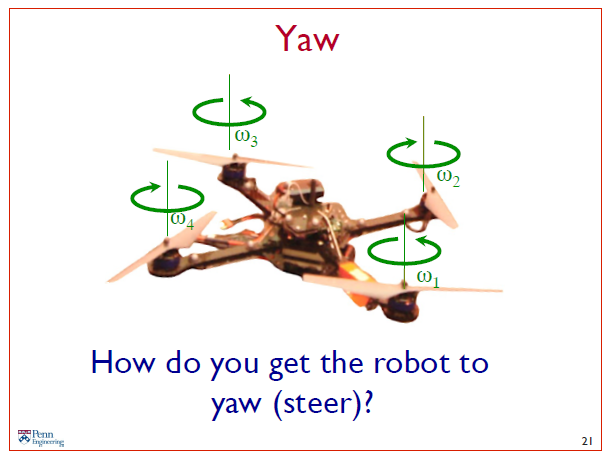|
The Industrial Internet of Things (IIoT) has emerged as a transformative force, revolutionizing various industries across the globe. This interconnected network of devices, machines, and systems in industrial settings has paved the way for increased automation, improved efficiency, and enhanced productivity. At its core, the IIoT is built on the principles of connectivity and data exchange. It enables seamless communication between physical assets and digital systems, creating a smart and interconnected ecosystem. By integrating sensors, actuators, and other intelligent devices with cloud computing and analytics platforms, the IIoT unlocks valuable insights and drives informed decision-making. One of the key advantages of the IIoT lies in its ability to gather and analyze vast amounts of data in real-time. Sensors embedded in machines and equipment collect data on various parameters such as temperature, pressure, vibration, and energy consumption. This data is then transmitted to centralized systems for analysis and interpretation. With advanced analytics techniques such as machine learning and artificial intelligence, patterns and anomalies can be identified, leading to proactive maintenance, predictive analysis, and optimized resource allocation. The application of IIoT spans across multiple industries, including manufacturing, energy, transportation, healthcare, and agriculture. In the manufacturing sector, connected machines and production lines enable efficient inventory management, predictive maintenance, and real-time quality control. Energy companies leverage the IIoT to monitor and optimize power generation, distribution, and consumption, leading to significant cost savings and reduced environmental impact. Transportation systems are becoming smarter with the integration of IIoT technologies. Fleet management solutions utilize real-time data from vehicles to optimize routes, monitor fuel consumption, and enhance driver safety. In healthcare, the IIoT facilitates remote patient monitoring, personalized treatments, and efficient hospital operations through the integration of medical devices, wearables, and health information systems. The agricultural industry benefits from the IIoT by enabling precision farming techniques. Sensors deployed in fields collect data on soil moisture, temperature, and nutrient levels, helping farmers make informed decisions regarding irrigation, fertilization, and pest control. This leads to increased crop yields, reduced resource wastage, and improved sustainability. However, with the immense potential of the IIoT comes inherent security and privacy concerns. As industrial systems become increasingly interconnected, they become vulnerable to cyber threats and unauthorized access. Therefore, it is crucial for organizations to prioritize robust cybersecurity measures, including encryption, authentication protocols, and regular vulnerability assessments. In conclusion, the Industrial Internet of Things is transforming industries by leveraging connectivity, data analytics, and automation. It enables organizations to optimize operations, minimize downtime, and achieve higher levels of efficiency. While challenges exist in terms of security and privacy, the benefits of the IIoT outweigh the risks. As we move forward, continued investments in research, innovation, and collaboration will further unlock the potential of the IIoT, shaping a smarter and more connected future.  |
